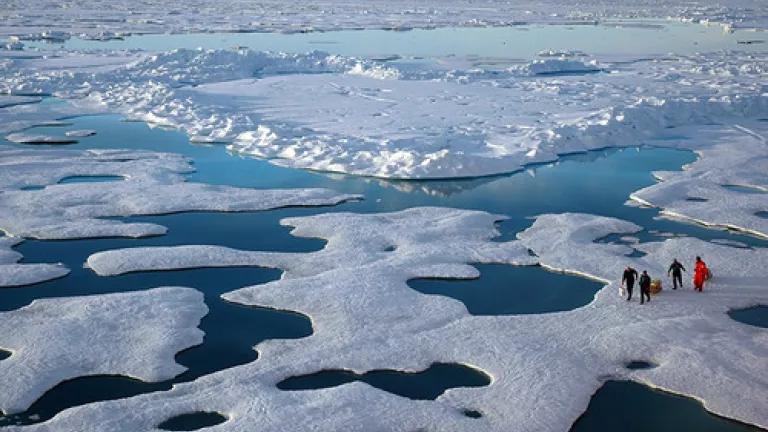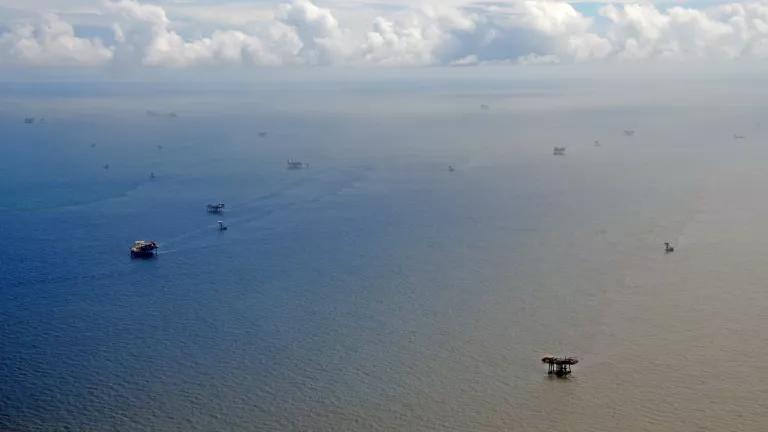Unless you’ve been living under a rock, you are probably aware that the Arctic is melting rapidly as the result of CO2 related global warming, and that spells trouble for polar bears, walrus, ice-seals and other ice dependent creatures. On top of this, the melting ice means that areas previously protected by a lid of ice are now opening up to shipping, fishing and offshore oil development, further threatening Arctic marine ecosystems.
But what isn’t so widely known is a third emerging threat -- ocean acidification.
Much of the CO2 we emit ends up dissolving in the ocean, and colder water absorbs more CO2 than warm water. This means that the Arctic Ocean is acidifying more rapidly than any other ocean on the planet.
Just how rapidly was revealed this week at a conference in Norway on Arctic Ocean Acidification.
Why does this matter? Acidification reduces the availability of a key chemical in the water necessary for shell formation, and over time seawater becomes corrosive to shells and bone. This could pose a problem for pretty much any Arctic animal with a shell, including species that are critical links in the Arctic marine food web, from shelled plankton at the bottom of the food chain, to mussels and clams, which provide food for whales, seals and seabirds. This and other direct and indirect effects of ocean acidification are likely to profoundly affect this region.
How should we respond? The most important thing we can do to address both warming and acidification in the Arctic and elsewhere is to limit CO2 emissions, a goal that NRDC is tirelessly working to achieve both here in the United States and around the world.
In the meantime, we need to do whatever we can to protect key ocean habitats and species from further damage from destructive activities like bottom trawling, oil spills and ship disasters. That means putting sensitive and important areas of the Arctic Ocean off limits to harmful activities. Where development does take place, it must be subject to strict standards in accordance with precautionary, integrated, and ecosystem-based management approaches.
Next week the Foreign Ministers of the eight Arctic nations comprising the Arctic Council will meet to discuss the agenda for the Council for the next two years. The sobering results of this week’s scientific conference in Norway should spur the Ministers to adopt an ambitious agenda for Arctic conservation, including a game plan for developing a linked network of marine protected areas and a strong commitment to implement integrated, ecosystem based management to protect this unique area of the planet.




